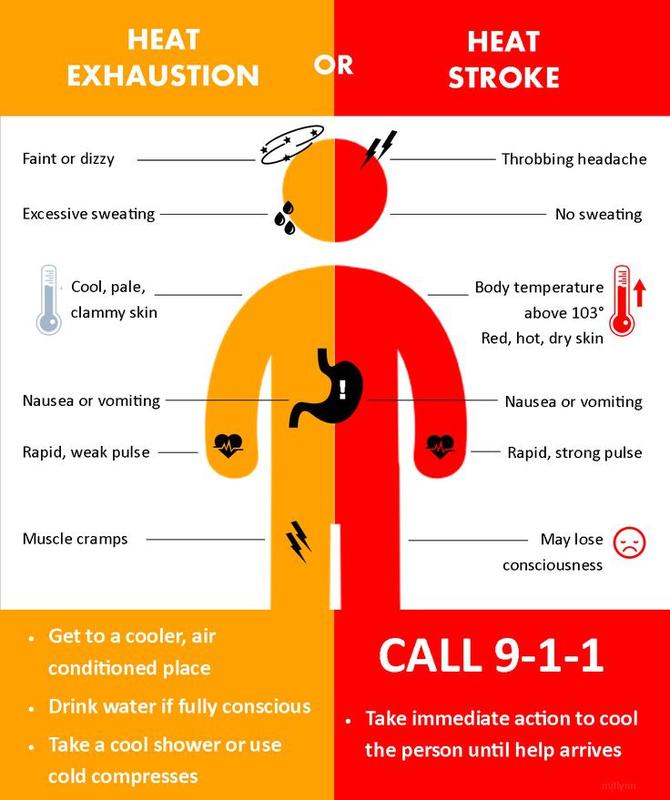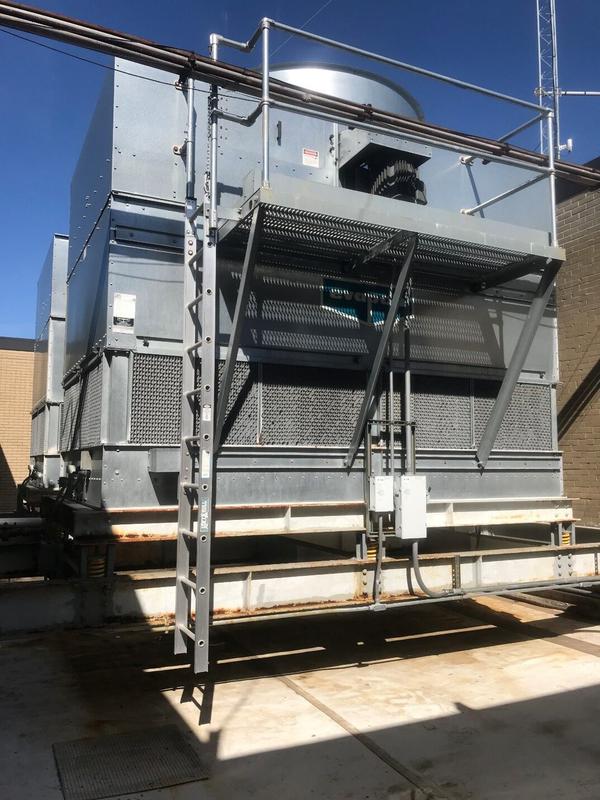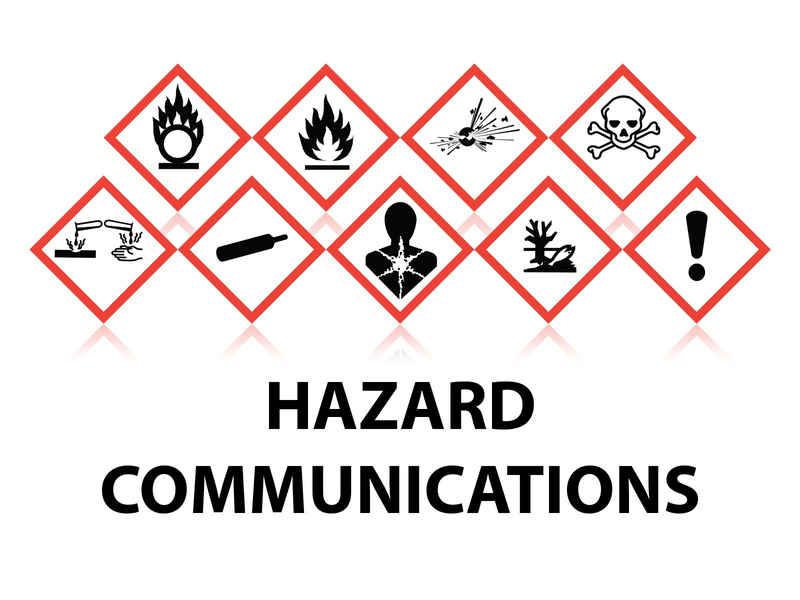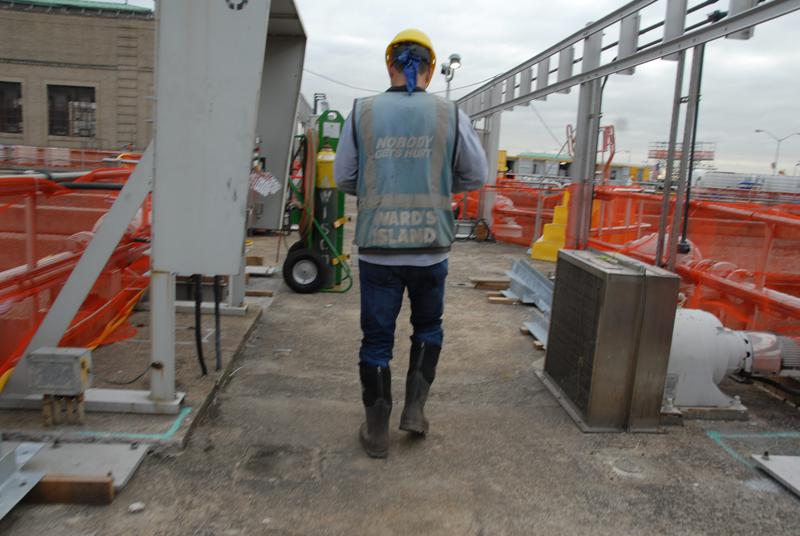
Summer Safety: Heat Related Illness
As of last week, the greater New York City area has already seen two official heat waves, and the summer has only just begun. Unfortunately, people who work outdoors like those in the AEC industries are at exponential risk for a host of illnesses brought on by...

Warmer Weather is on Its Way – Is Your Building Protected from Legionella?
Now that Spring is here and your winterization measures can be removed, it’s the time to make sure all of your Legionella-prevention items are in order. According to the CDC, Legionella grows best between 77°F and 113°F, which means summertime temperatures...

OSHA Extends Comment Period on Hazard Communication Standard (HCS) Changes
The Occupational Safety and Health Administration (OSHA) is proposing to modify the Hazard Communication Standard (HCS) to align to the United Nations’ Globally Harmonized System (GHS). The goal of the modification is to address issues that came up following...

OSHA Promotes Safety Awareness with Yearly Event
Source: Occupational Health & Safety Monday (May 3rd) marked the beginning of OSHA’s 2021 National Safety Stand Down to Prevent Falls in Construction. OSHA promotes the week as an opportunity for those working in the construction industry to learn about, and...

New York City Benchmarking and Energy Efficiency Grading Due May 1st
Benchmarking and Energy Efficiency Grading (Benchmarking) is a tool that The City of New York (City) introduced as part of an initiative to make buildings operate more efficiently. The City standardizes this process by utilizing the United States Environmental...

OSHA Proposes HazCom Standard Changes
The Occupational Safety and Health Administration (OSHA) is proposing through the notice of proposed rule making (NPRM) to modify the Hazard Communication Standard (HCS) to align to the United Nations’ Globally Harmonized System (GHS). The goal of the modification is...

Public Water Systems Can Save Money: Using Predictive Modeling to Find Lead Service Lines
In Walden’s first guest blog of 2021, BlueConduit, a pioneer in the use technology to help communities identify lead service lines, outlines what predictive modeling is and how they use it help their clients. Replacing lead service lines (LSLs) is a public health and...

Paused: EPA Lead and Copper Rule Revisions
Source: NuFlow The Environmental Protection Agency (EPA) recently published the final regulatory revisions to the Lead and Copper Rule (LCR) in the Federal Register, but the new Biden Administration has placed a ‘pause’ on this new rule as they review its content and...

Construction Safety Training in New York City
Do you work on construction projects in New York City? If so, you may be subject to the requirements of Local Law 196 (LL196), which was passed in 2017 and impacts safety training for construction workers. In response to a number of deaths in fall-related accidents on...

New York State’s School COVID-19 Reopening Guidance: What’s Required?
New York State has successfully flattened the curve during the COVID-19 pandemic. As the phased re-opening of New York continues, focus has turned towards the fall, when schools across the State typically begin their educational year. Even with the pandemic under...
